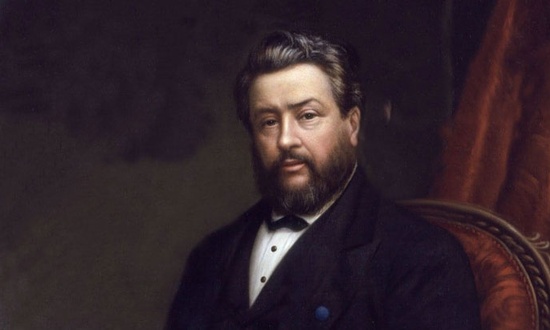Note from Randy: C. S. Lewis said of the humble person, “He will not be thinking about humility: he will not be thinking about himself at all.”
Tim Keller, echoing Lewis, says, “Gospel-humility is not needing to think about myself. . . . I stop connecting every experience, every conversation, with myself. In fact, I stop thinking about myself. The freedom of self-forgetfulness. The blessed rest that only self-forgetfulness brings.”
As commendable as such humility is, we can never achieve it simply by willing it to appear. Otherwise, we’ll be thinking about ourselves and our valiant attempts to be humble. What we need is to be so gripped by Jesus and His grace that we truly forget about ourselves. Why would we want to think about ourselves, the lesser, when we can think about Him, the infinitely greater? This happens directly, when we worship and serve Him, and also indirectly, when we love and serve others for His glory.
Below are some helpful reflections on humility from Gavin Ortlund, related to his new book Humility: The Joy of Self-Forgetfulness.
The Deceptively Easy Path to Prideful Humility
The Danger of Self-Preoccupation
There is a danger, in thinking about humility, that we can become so self-preoccupied in the process, and it kind of defeats the point. It's actually kind of funny if you think about it. There's a passage in The Screwtape Letters by C. S. Lewis when Demon is counseling another demon, and he's saying, See if you can get your patient [the human being] to be proud about his own efforts at humility.
And that is a real danger. We can start thinking, Wow, I'm being really humble right now. Tim Keller has said humility is so shy that when you start talking about it, it goes away. And so that's one danger in one direction.
Think on and Pursue Humility
On the other hand, I don't think it's right to say we should just never think about humility in any way. There are verses in the Bible that call us to be humble. Philippians 2 says, “in humility, consider others better than yourself." That word humility is there. We need to know what that means in order to obey that verse and so many others, so that means we need to think a little bit about what this calling is.
Throughout church history, there's been so much reflection about the nature of humility. You think about Thomas Aquinas and Saint Augustine and some of these great Christians who wrote at great length about the nature of humility. They reflected on it. What is the nature of this virtue? Basil of Caesarea wrote a famous homily on humility. Jonathan Edwards preached many sermons on humility. So I don't think it's right that we shouldn't think about it at all.
What helps me steer between the two dangers here is that we should pursue humility. Think about humility, but just be aware that there's the temptation to become self-focused in the process, to take ourselves too seriously in the process, to start becoming self-preoccupied or to just be thinking about how we're doing in the process too much. And a good acid test is to ask, Is humility leading me to joy?
Joy cannot be faked. Joy is an authentic experience that comes from true humility. And counterfeit forms of humility don't lead to joy. So, as we're trying to navigate between a self-preoccupied, artificial kind of humility on the one hand and avoidance of humility on the other, a good acid test will be to ask, Is what I'm pursuing leading me to joy? Is it leading me to a greater love for Christ, a greater concern for my neighbor, or even just a greater awareness of the world around me?
That’s a good test for whether this is real and authentic humility.
This article originally appeared on Crossway and is used with the author’s permission.
Photo by Aravind Kumar on Unsplash




